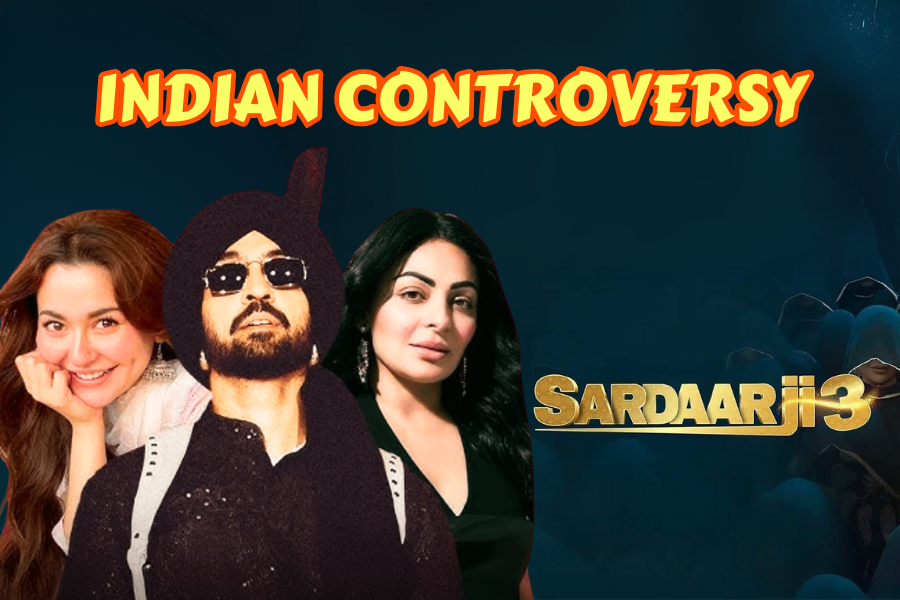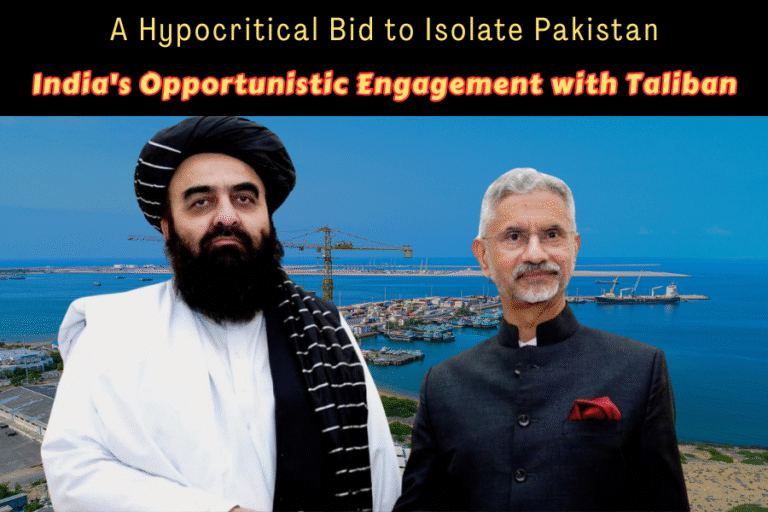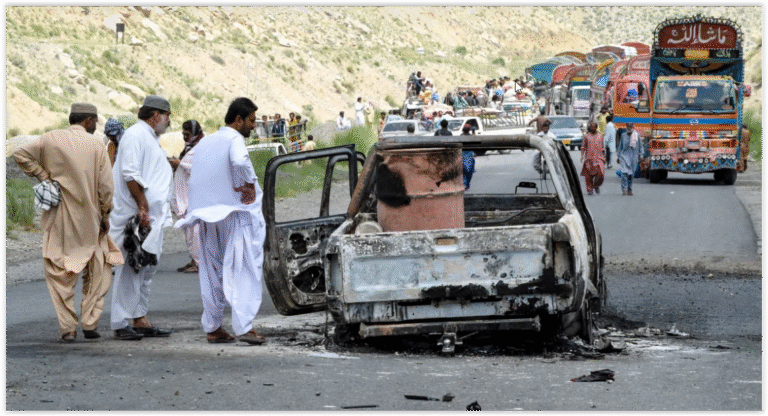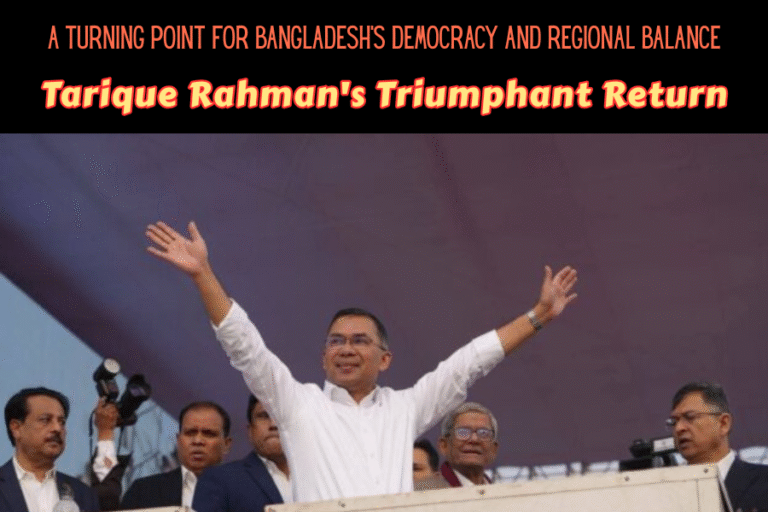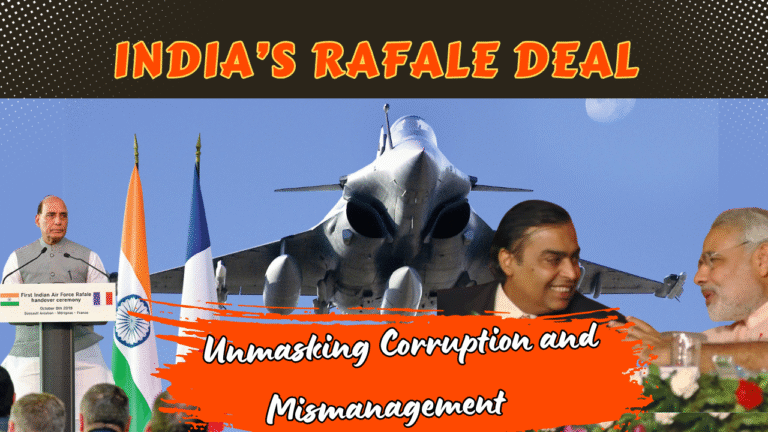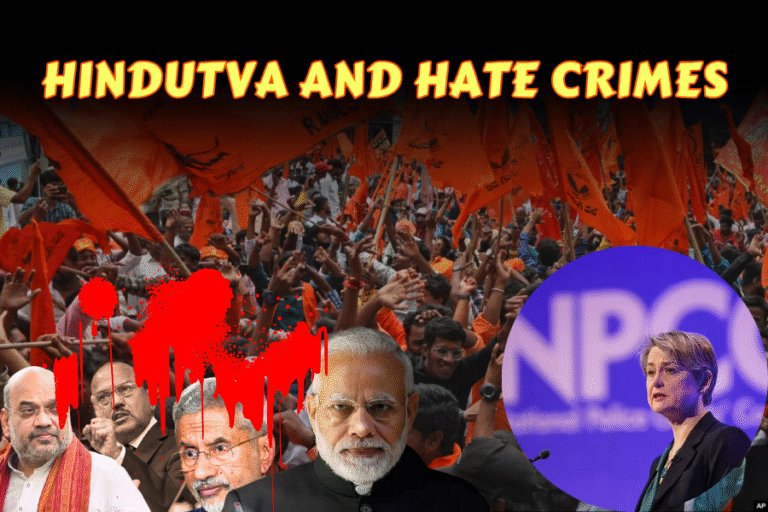(By Mohsin Tanveer)
The recent controversy surrounding the Indian film “Sardaar Ji 3” has once again laid bare the deep-seated arrogance, intolerance, and rising ultra-nationalism embedded within sections of Indian society—especially its film industry. This episode, which began with the vilification of a Pakistani actor featured in the film’s trailer, has snowballed into a wider debate about India’s cultural bigotry and its unrelenting obsession with anti-Pakistan narratives.
The Heart of the Controversy
“Sardaar Ji 3,” a Punjabi-language comedy film, found itself under fire the moment it was revealed that a Pakistani actor was involved in the project. Instead of celebrating artistic collaboration, the reaction was toxic, xenophobic, and downright hypocritical. Right-wing groups and Hindutva influencers on social media launched an aggressive campaign demanding the removal of the Pakistani actor, while major Indian entertainment platforms came under pressure to boycott the film entirely.
Ironically, the same Bollywood and Indian entertainment ecosystem that glorifies the slogan “Art knows no boundaries” and often boasts of its global outlook, bows down in cowardice and hostility whenever Pakistan is even remotely mentioned in a neutral or positive context.

A Pattern of Hypocrisy
This is not the first time Pakistanis have faced discrimination in India’s entertainment sector. Numerous Pakistani artists, such as Fawad Khan, Mahira Khan, Atif Aslam, Ali Zafar, and Rahat Fateh Ali Khan, were once welcomed by Bollywood for their immense talent and global appeal. However, following incidents like the Uri attack (2016), right-wing elements led by Shiv Sena, RSS, and their political godfathers began targeting these artists, forcing producers to blacklist them in fear of retaliation.
What’s worse is the selective morality of Indian media and cinema. While they are quick to embrace Israeli actors, Western stars, or even Chinese financiers, they erupt in fury when it comes to Pakistani collaborations—even when the artist has no political affiliations and simply wishes to create art.

BANNED
An Industry Fueled by Hatred
Bollywood is no longer just an entertainment factory; it has turned into a propaganda machine. Over the past decade, a disturbing trend has emerged where many films are explicitly anti-Pakistan, anti-Muslim, and filled with jingoistic narratives that aim to brainwash the public.
Movies like Uri: The Surgical Strike, The Kashmir Files, Gadar 2, Bell Bottom, and Mission Majnu have weaponised cinema to demonise Pakistan. These films are crafted with one aim: to feed nationalistic fervour and turn public opinion into hate and mistrust for Pakistan. The industry, once revered for its inclusive spirit, has become complicit in pushing ultra-nationalist ideology under the guise of patriotism.
Even more disturbing is the increasing trend of Indian films indirectly supporting separatist violence in Pakistan’s Balochistan, Khyber Pakhtunkhwa, and the Tribal Belt. Several storylines and dialogues openly promote the idea of an “independent Balochistan” or portray these regions as war zones, subtly validating foreign-backed insurgencies. This is not art—it is information warfare.
Cultural Apartheid and the Illusion of Tolerance
Despite its self-styled image as a secular, tolerant democracy, India continues to ostracise anything associated with Pakistan. Pakistani singers are dubbed over, Pakistani actors are replaced in post-production, and Pakistani references are removed from previously filmed scenes.
The question must be asked: Is this the sign of a confident, forward-looking nation? Or is this the behaviour of a nervous, insecure state scared of cultural and intellectual exchange?
India’s obsession with isolating Pakistan on all fronts—diplomatic, cultural, and even cinematic—only reflects its own identity crisis. Insecure with its internal divisions, it finds a convenient scapegoat in Pakistan to rally its public.
A Lesson for Pakistan: Never Look to the East for Validation
The Sardaar Ji 3 debacle should serve as a wake-up call for Pakistan’s artists and filmmakers. We must realise that seeking validation from Bollywood is an exercise in futility. Pakistan has its own vibrant entertainment industry, filled with immense talent, global recognition, and creative storytelling.
Instead of knocking on the doors of an industry poisoned with hate and arrogance, Pakistani artists should focus on building alliances in Turkey, Iran, China, and even Europe—where talent is respected regardless of nationality.
The Way Forward: Dignity, Not Desperation
The only way to counter India’s cultural war is through excellence, resilience, and independence. Pakistan must:
- Support Local Talent: Invest in cinema, drama, music, and digital platforms. Encourage storytelling that reflects Pakistan’s identity, history, and spirit.
- Counter Disinformation: Create powerful documentaries, films, and online content that expose the truth behind India’s false narratives on Kashmir, Balochistan, and minority persecution.
- Global Collaborations: Engage with international actors, writers, and directors to showcase Pakistan’s cultural richness on global platforms like Netflix, Amazon Prime, and Cannes.
- Media Diplomacy: Use media as a soft power tool to counter India’s propaganda. Highlight human rights abuses in India—particularly against Muslims, Dalits, and minorities.
Final Word: The Real Villain
In the end, the true villain of the Sardaar Ji 3 saga is not the actor, the film, or the audience—it is the narrow-minded, hate-fuelled ideology that now defines large swathes of Indian public life. It is a mindset that fears dialogue, rejects diversity, and punishes dissent.
Pakistan must respond not with apology or appeasement—but with pride, precision, and purpose. Let the world see the truth: that Pakistan stands for culture, coexistence, and courage, while India, in its current form, spirals into intolerance, propaganda, and paranoia.
The time has come to stop expecting fairness from a country that thrives on creating villains. Let them ban, let them boycott, let them bark.
Pakistan will continue to sing, to create, and to shine—whether they like it or not.

